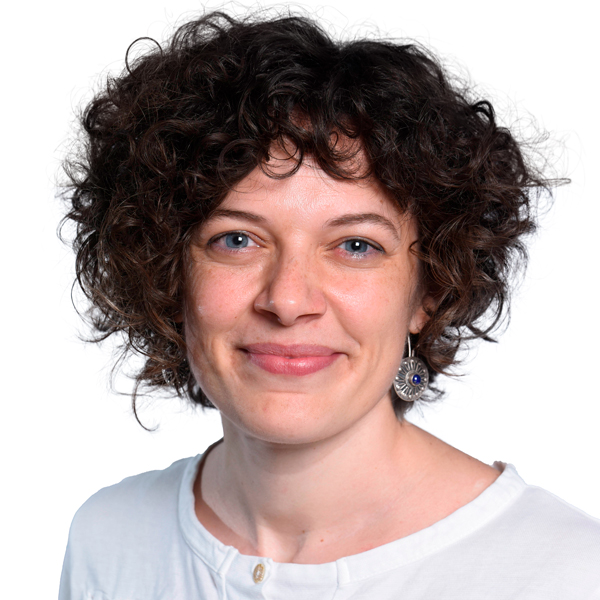Get moving! Learn about nutrition, sport and physical activity
Subject: Health SciencesA selection of resources to guide athletes and improve their performance through nutrition.
The library guide contains information to enable everyone to take up an active and healthy lifestyle.
45% of Europeans never do any exercise or physical activity.
What are the benefits of physical exercise for my health? How can I make the transition away from a sedentary lifestyle if I study or work from home? What are the pitfalls I should avoid if I want to improve my athletic performance? What are intermittent fasting and the paleo diet? Can they help improve sports performance? You will find information from reliable sources to answer these and other questions in the new Nutrition and sport library guide.
The guide was created to provide support for students studying the UOC's Master's Degree in Food for Physical Exercise and Sport. However, as Laura Esquius, the programme's director and the person behind the resource, points out, it's a guide that can be of interest to everyone, as it addresses two essential factors for staying healthy: nutrition and physical activity.
"In the library guide, I would highlight the resources that cover the benefits of sport for health, and the advice to be more active, in order to include more physical activity in each day. There is also the content with nutritional recommendations, which can be useful for getting ideas and improving nutrition." – Laura Esquius, a member of the Faculty of Health Sciences.
Giving up the sedentary lifestyle
Almost half of Europe's population (45%) does not do any kind of exercise or physical activity, according to the latest Eurobarometer survey on the subject. In Spain, this level of inactivity rises to 47%. "A sedentary lifestyle is associated with poorer muscle and cardiovascular quality, and higher levels of body adiposity. These factors favour the early onset of diseases," explained Esquius.
On the other hand, doing physical exercises and sport has considerable benefits for the body and mind pointed out the expert: "It improves cardiovascular and mental health, facilitates learning and reduces stress. An active life means we can age more autonomously, and with more quality of life." Indeed, the World Health Organization (WHO) recommends adults should do between 150 and 300 minutes of physical exercise a week, and adolescents and children should do 60 minutes.
The first section of the library guide is given over to physical exercise and sport to maintain a healthy routine. It provides useful tips for giving up inactive habits in your everyday life.
You will also find a selection of articles and websites looking at the benefits of sport. It also includes tips for doing physical exercise based on your age and personal circumstances, and an infographic with simple activities to avoid spending long hours without moving in front of the computer.
Sports nutrition
The second section of the guide contains academic articles and books providing an overview of the discipline and information classified according to the athlete's goals, such as gaining muscle mass or recovering from an injury. You will also find a description of new trends in the field of nutrition, and how they relate to sport.
Athletes' physical and mental health
The final section presents complementary material on issues that can affect athletes' physical and mental health. There are articles and websites on rest and sleep, the psychological benefits of sport, and a section that highlights nutrition during the different phases of menstruation.
Access the library guide and take a look at the content curated by the UOC Library staff.
Experts
Àgueda Mercadal
Operative subgroup: Librarian for Psychology and Education, vocational training Operative group: Library for Learning


